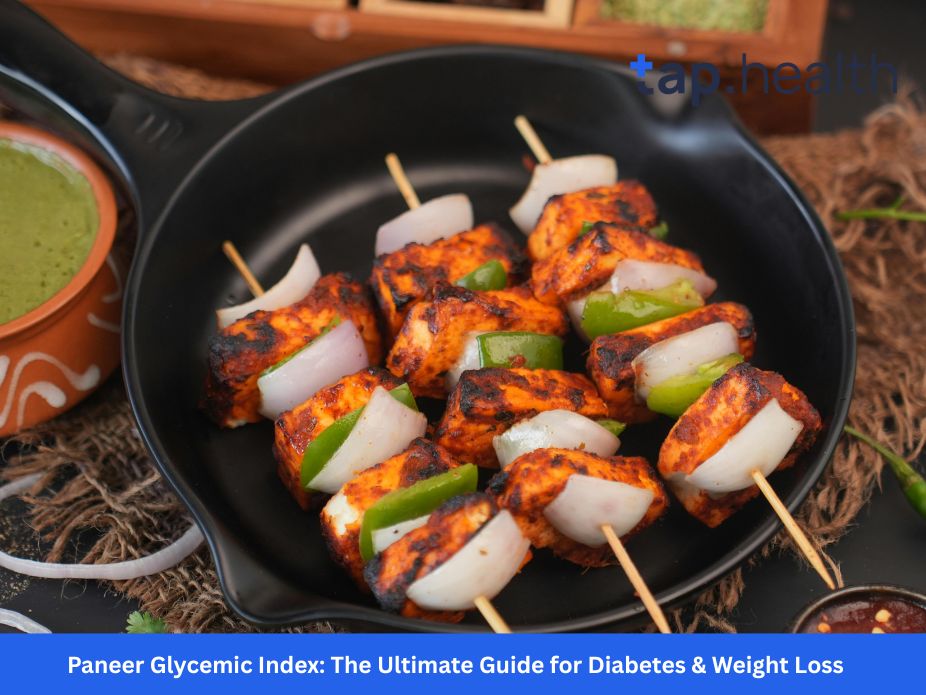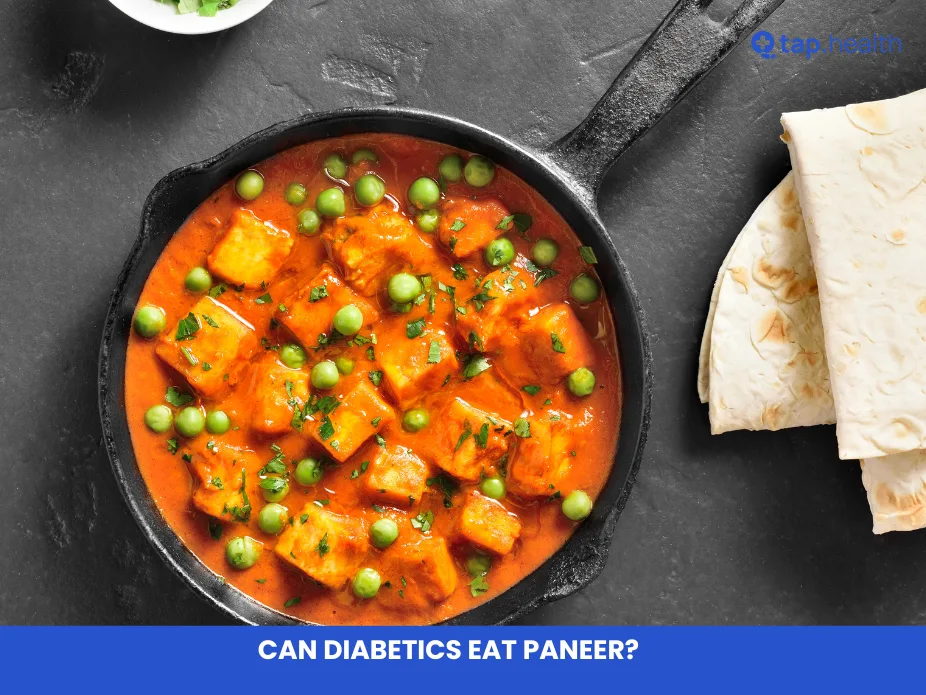Chronic pancreatitis is a serious and persistent inflammation of the pancreas. This condition can cause permanent damage and affect the pancreas’s ability to function properly. It’s crucial to understand the symptoms, causes, and treatments to manage this condition effectively.
What is Chronic Pancreatitis?
Chronic pancreatitis is a long-lasting inflammation of the pancreas, a gland located behind the stomach that plays a key role in digestion and blood sugar regulation. Unlike acute pancreatitis, which is a sudden and temporary inflammation, chronic pancreatitis develops slowly over time and results in permanent damage to the pancreas. This damage impairs the pancreas’s ability to produce digestive enzymes and hormones, leading to various digestive issues and nutritional deficiencies.
Types of Chronic Pancreatitis
Chronic pancreatitis can be classified into different types based on its causes:
- Alcoholic Pancreatitis: This is the most common type and is caused by long-term, heavy alcohol consumption. Alcohol can damage the pancreatic cells and cause inflammation.
- Idiopathic Pancreatitis: In this type, the cause is unknown. It can occur at any age and often has a genetic component. Researchers believe that multiple factors, including genetics, might contribute to this form of pancreatitis.
- Hereditary Pancreatitis: This form is caused by genetic mutations passed down through families. People with hereditary pancreatitis usually start showing symptoms in childhood or adolescence.
- Autoimmune Pancreatitis: This type occurs when the body’s immune system mistakenly attacks the pancreas, leading to inflammation and damage. It is often associated with other autoimmune diseases.
10 Chronic Pancreatitis Symptoms
Recognizing the symptoms of chronic pancreatitis is crucial for early diagnosis and treatment. Here are ten common symptoms:
- Persistent Abdominal Pain: The most common symptom is ongoing pain in the upper abdomen, often radiating to the back. This pain can be severe and constant, significantly impacting daily activities.
- Nausea and Vomiting: Many people with chronic pancreatitis feel nauseous and may vomit, especially after eating. This happens because the inflamed pancreas affects digestion.
- Weight Loss: Despite eating normally, people with chronic pancreatitis often lose weight because the pancreas can’t produce enough enzymes to digest food properly, leading to malnutrition.
- Greasy or Oily Stools (Steatorrhea): Due to poor digestion, stools may appear greasy, oily, and foul-smelling. This is because undigested fat is being excreted in the stool.
- Digestive Problems: Chronic pancreatitis can cause diarrhea or constipation, making it difficult to maintain regular bowel movements. The condition disrupts normal digestion, leading to these issues.
- Jaundice: In some cases, the inflammation can block bile ducts, leading to jaundice, which causes yellowing of the skin and eyes. This happens when bile, which is normally excreted through the digestive system, builds up in the body.
- Chronic Fatigue and Weakness: Ongoing inflammation and malnutrition can lead to severe fatigue and weakness. The body is constantly fighting the inflammation and not absorbing nutrients properly, leading to these symptoms.
- Increased Heart Rate: Pain and inflammation can cause an elevated heart rate. This is a response to the body’s stress and pain.
- Fever: In some cases, people with chronic pancreatitis may develop a fever, often accompanied by chills. This can be a sign of an infection or a severe inflammation.
- Diabetes: Chronic pancreatitis can damage the insulin-producing cells in the pancreas, leading to diabetes or worsening blood sugar control. This is because the pancreas is unable to regulate blood sugar levels effectively.
Causes of Chronic Pancreatitis
Several factors can cause chronic pancreatitis:
- Long-term Alcohol Abuse: Chronic alcohol consumption is the leading cause of chronic pancreatitis. Alcohol can cause repeated injury to the pancreas, leading to inflammation and scarring over time.
- Genetic Factors: Some people inherit mutations that increase their risk of developing chronic pancreatitis. These genetic factors can also lead to hereditary pancreatitis, where symptoms start in childhood.
- Autoimmune Conditions: In autoimmune pancreatitis, the body’s immune system mistakenly attacks the pancreas, causing inflammation. This type is often associated with other autoimmune diseases like lupus or Crohn’s disease.
- Pancreatic Duct Obstruction: Blockages in the pancreatic ducts can lead to chronic pancreatitis. These blockages can be caused by gallstones, tumors, or scarring, which prevent the normal flow of digestive juices and lead to inflammation.
What Does the Pain of Pancreatitis Feel Like?
The pain associated with chronic pancreatitis is usually described as:
- Intense and Persistent: The pain is often severe and does not go away easily. It can be debilitating and interfere with daily activities.
- Radiating: It typically starts in the upper abdomen and spreads to the back. This is because the pancreas is located deep in the abdomen, near the spine.
- Worsening After Eating: Eating, especially fatty foods, can trigger or worsen the pain. This happens because the pancreas has to work harder to produce enzymes to digest the food, leading to increased inflammation.
- Chronic and Debilitating: The pain can be long-lasting and significantly impact the quality of life. People with chronic pancreatitis often have to make significant lifestyle changes to manage the pain.
Risk Factors of Chronic Pancreatitis
Several factors can increase the risk of developing chronic pancreatitis:
- Excessive Alcohol Consumption: Drinking large amounts of alcohol over many years is the most significant risk factor. Alcohol can cause repeated injury to the pancreas, leading to chronic inflammation.
- Smoking: Tobacco use can increase the risk and severity of chronic pancreatitis. Smoking is known to increase inflammation in the body and can worsen pancreatic damage.
- Family History: A family history of pancreatitis or genetic mutations can predispose someone to chronic pancreatitis. This is often seen in hereditary pancreatitis, where the condition runs in families.
- Certain Medications: Some medications, like certain diuretics and steroids, can increase the risk of developing chronic pancreatitis. These medications can affect the pancreas directly or cause conditions that lead to pancreatitis.
Diagnosis of Chronic Pancreatitis
Diagnosing chronic pancreatitis involves several steps:
- Physical Examination: A doctor will examine you for signs of chronic pancreatitis, such as abdominal tenderness and weight loss.
- Blood Tests: Blood tests can measure levels of pancreatic enzymes and check for other indicators of pancreatic function. Elevated enzyme levels can indicate inflammation or damage to the pancreas.
- Imaging Tests: Tests like CT scans, MRIs, and ultrasounds can provide detailed images of the pancreas to detect inflammation, blockages, and damage. These imaging tests help doctors see the extent of the damage and guide treatment.
- Endoscopic Procedures: Endoscopic ultrasound (EUS) or endoscopic retrograde cholangiopancreatography (ERCP) can help visualize the pancreas and take tissue samples for analysis. These procedures allow doctors to see inside the pancreas and take samples if needed.
Treatment for Chronic Pancreatitis
Treatment aims to manage symptoms and prevent complications. It includes:
- Pain Management: Pain relief is a primary goal. Doctors may prescribe painkillers or recommend nerve blocks for severe pain. Managing pain effectively can significantly improve the quality of life.
- Enzyme Replacement Therapy: Pancreatic enzyme supplements can help improve digestion and nutrient absorption. These supplements replace the enzymes that the damaged pancreas can no longer produce.
- Dietary Changes: A low-fat diet is often recommended to reduce symptoms. Small, frequent meals can also help. Avoiding alcohol and caffeine can also reduce inflammation and pain.
- Lifestyle Changes: Quitting alcohol and smoking is crucial to managing chronic pancreatitis. These changes can reduce inflammation and prevent further damage to the pancreas.
- Surgery: In severe cases, surgery may be needed to remove blockages, drain cysts, or even remove part of the pancreas. Surgery is usually considered when other treatments are not effective.
How Can I Prevent Chronic Pancreatitis?
Preventive measures can significantly reduce the risk of developing chronic pancreatitis:
- Limit Alcohol Consumption: Avoid excessive drinking to protect your pancreas. Drinking in moderation or abstaining from alcohol can prevent alcohol-induced pancreatitis.
- Quit Smoking: Smoking cessation reduces the risk of chronic pancreatitis and other health issues. Quitting smoking can reduce inflammation and improve overall health.
- Maintain a Healthy Weight: Obesity can increase the risk of pancreatitis, so maintaining a healthy weight through diet and exercise is essential. A balanced diet and regular physical activity can help prevent pancreatitis.
- Manage Underlying Conditions: Conditions like diabetes should be managed properly to reduce the risk of chronic pancreatitis. Proper management of these conditions can prevent complications that lead to pancreatitis.
When to See a Doctor
It’s important to see a doctor if you experience:
- Persistent Abdominal Pain: Continuous pain in your abdomen, especially if it radiates to your back, should be evaluated. Early diagnosis and treatment can prevent complications.
- Unexplained Weight Loss: Significant weight loss without trying could be a sign of chronic pancreatitis. Unintentional weight loss can indicate malnutrition and digestive problems.
- Digestive Problems: Ongoing digestive issues, such as diarrhea, constipation, or oily stools, warrant medical attention. These symptoms can indicate poor digestion and pancreatic insufficiency.
FAQ on Chronic Pancreatitis Symptoms
1. What is the difference between acute and chronic pancreatitis?
- Acute pancreatitis is a sudden inflammation that usually resolves with treatment, while chronic pancreatitis is long-term inflammation that leads to permanent damage. Acute pancreatitis can be a one-time event, while chronic pancreatitis is ongoing and progressive.
2.Can chronic pancreatitis lead to pancreatic cancer?
- Yes, having chronic pancreatitis increases the risk of developing pancreatic cancer. Chronic inflammation can cause changes in pancreatic cells that lead to cancer.
3.Is chronic pancreatitis reversible?
- No, chronic pancreatitis causes irreversible damage to the pancreas. However, symptoms can be managed with proper treatment and lifestyle changes. Early intervention and ongoing management can improve quality of life and reduce complications.



